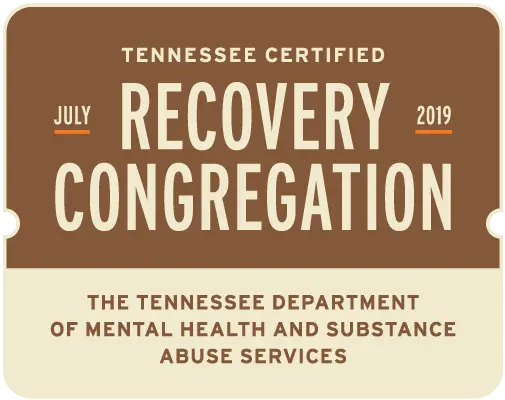Relationships of all kinds—be it friendships, familial relationships, professional relationships, or especially romantic relationships—are not always easy to maintain. All relationships require communication, dedication, a sense of fairness, with a great sense of honesty and openness. Drug and alcohol addictions, however, can put all of these elements in danger.
Addictions to certain substances can alter your behaviors, moods, health, and attitude. These changes to your lifestyle can alter your perception of others and alter their perceptions of you. Though many addicts may fall into an addiction because of a divorce, addiction can also cause a divorce. In fact, drug use and addiction are cited as the top causes of divorce.
Consider the types of behavior and health issues—both physical and mental—that drug addictions can cause, and what to keep an eye out for. These radical changes can lead up to the loss of career opportunities, friendships, family, and the love of a significant other.
Violent and Erratic Behavior
Living with an addict can be frightening due to the fact that their behavior can become unpredictable. In the worst case scenario, they might even become violent—depending on the drug and how the person reacts to it.
This can make approaching an addict difficult, especially one who is a friend or family member. Addicts often distance themselves or even hide secrets because of the addiction.
Even worse, it is difficult to be aware of these behavioral patterns. In your mind or from your perspective, your outbursts may feel like a single bad moment. To others, you may be having a complete meltdown. Under some drugs, you may even completely forget ever behaving such a way.
Increased Sense of Self
Just as a person’s behavior during addiction can be unpredictable, so can the effects on their mental state. In the case of many addicts, they feel ashamed or guilty, and often try to hide their addiction.
For other addicts, they may gain an inflated sense of self and ego. Though this behavior can be a way to disguise the shame, some addicts may legitimately believe in this increased sense of self. You may truly believe yourself to be in the right and turn down others, regardless if they are friends or family, and rarely question yourself.
In such situations, it is important to self-evaluate and question your behaviors and thoughts. By putting yourself on a pedestal, others involved in your social life may stop bothering to argue with you and instead block you out. They might even separate and distance themselves from you altogether.
Maintaining self-confidence is important, but do not be afraid to question yourself in such potential situations—especially if you or others believe you could be suffering from addiction.
Social Withdrawal
Have you started to feel more distant from your friends, your family, your co-workers, or even your spouse? Perhaps they aren’t even distancing themselves from you, but instead, you are pushing them away without even realizing it. You may be invited to parties and dine-outs, but continue to turn them down.
With the shame and guilt of addiction, many addicts tend to deal with a type of social withdrawal where they subconsciously continue to separate themselves from social interaction. This not only hurts your relationship with those close to you, but the isolation can damage you even further and worsen the addiction.
If you begin to notice a pattern of avoiding the important people in your life, it may be time to reflect on your possible addiction and work harder towards stepping out of this withdrawal.

If you or a loved one have been struggling with a potential drug or alcohol addiction, consider looking into a Symptoms of Addiction program in Tennessee. You may also seek Discovery Place’s own programs, such as our Continuing Care Program as well as our Family Matters Workshop in Burns, Tennessee. Call us for a free consultation at 1-800-725-0922.



